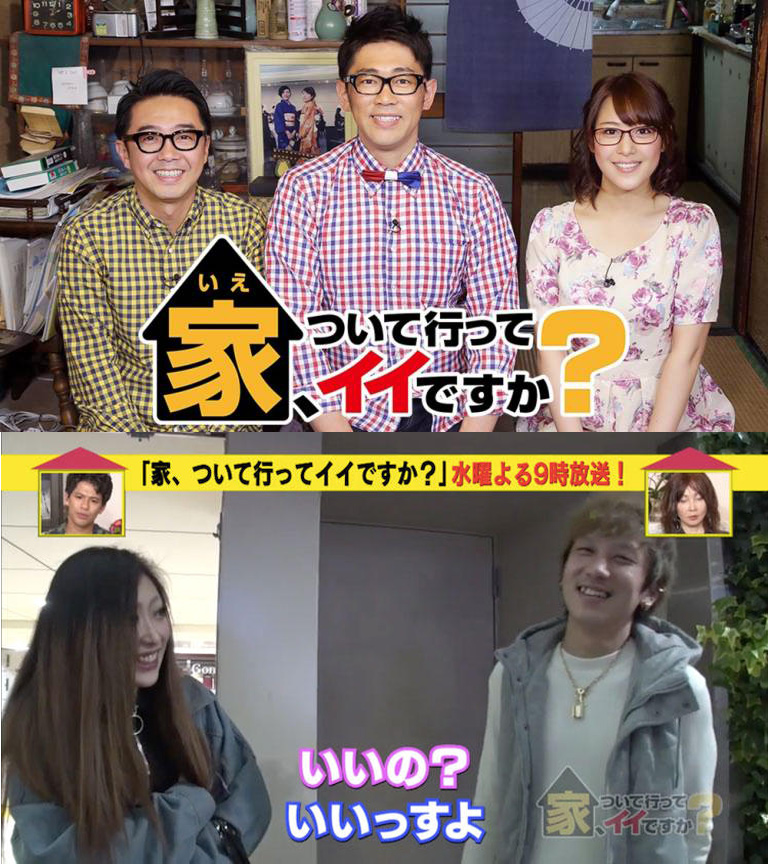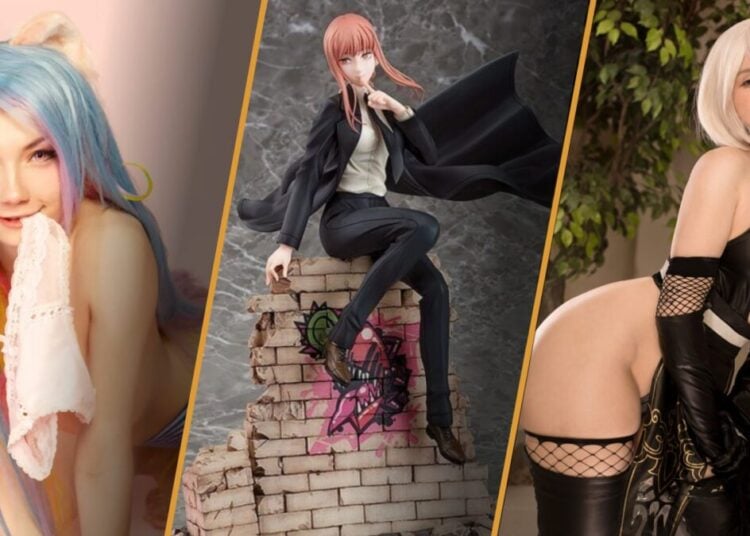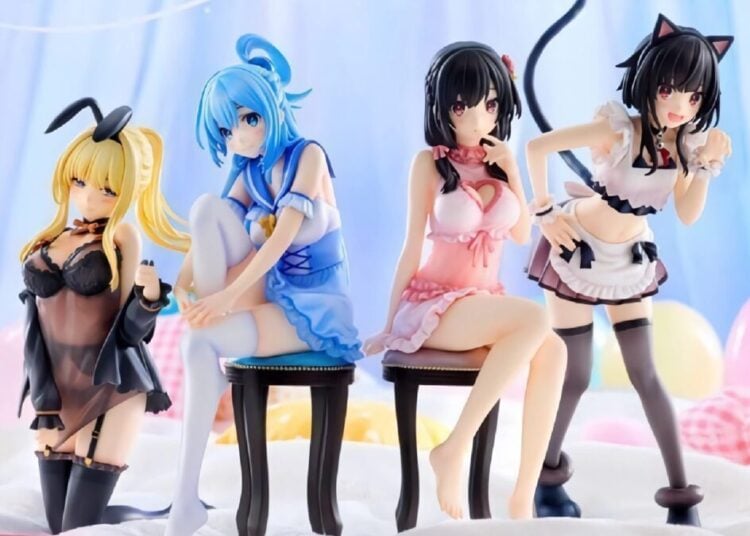As I often write, one reason Japan can look bizarre when viewed from the outside is the “lens of the Internet” that makes it easy over-estimate the nature of crime in Japan from the occasional bizarre murder or think that the only flavor of ice cream Japanese eat is matcha green tea. (It’s actually vanilla.) Thanks to broadcasts of TV shows like Takeshi’s Castle and Sasuke or that episode where the Simpsons go to Tokyo and are forced to appear on a game show to win tickets home, it can be easy to get the impression that all TV in Japan is insane craziness. Since I always try to show the “real” Japan to J-List readers, I thought I’d give a run-down of the TV shows I watched in the past couple of weeks.
- First, I caught a TV show on NHK called Hirumae Hot which focused on Denmark, specifically on the Danish (and Norwegian) concept of hygge, a word that describes the “coziness and comfort” people feel when they set aside a couple hours to light some candles and relax, perhaps with a book and some wine or tea. The show was examining why Scandinavian nations rank so highly on the World Happiness Ranking while Japan comes in at number 58.
- A few nights later, I caught a re-broadcast of another NHK show (the older you get, the more you appreciate Japan’s national broadcast channel) called Rekishi Shinwa Gundam Historia, which interviewed the creators of Mobile Suit Gundam 40 years after the groundbreaking anime first aired. Gundam suffered from terrible ratings and poor toy sales at first, and it wasn’t until the series was shown in theatres as three compilation movies that its popularity exploded.
https://twitter.com/JListPeter/status/1116362717068029954
- There’s a show called Shiawase! Bonbi Girl that follows Japanese who go to live abroad in inexpensive countries, such as Bangkok. Japanese culture is exploding in popularity in Thailand, and there’s a large community of Japanese expats working there and enjoying the ridiculously low cost of living compared with Tokyo. One Japanese girl packed her bags and moved to Thailand to work after following some Instagram accounts by Japanese living there.
- Right now Mrs. J-List is watching a show called Ike no Mizu wo Zenbu Nuku Daisakusen (The Great Plan to Drain All the Water from Ponds), in which a team of engineers drain all the water from problem ponds, cleaning it and saving the creatures living there. It seems like a ridiculous thing to make a TV show about, but it’s fascinating to see the work unfold in each episode. Often they uncover invasive species who should not be there, and sometimes, unexpected treasures from the Edo Period. In the end, the pond is restored to a natural state, improving the health of all the living things there.
- If you’ve ever arrived at Narita Airport and seen camera crews interviewing random people, they’re from a show called Why Did You Come to Japan? Most people end up appearing on TV for a few seconds, but if you’ve got a particularly interesting reason to be in Japan, the camera crew might ask if they can follow you around for a week, documenting your trip for all Japan to see. The program has even featured some J-List customers.
- The past decade has seen an explosion in kaigai dorama or international TV dramas. My wife follows all the best American crime shows from Criminal Minds to The Mentalist. South Korean dramas are also a staple on TV in Japan.
- There’s a show I sometimes catch called Darts no Tabi (Darts Journey) in which they throw a dart at a map of Japan (or sometimes, the U.S.) then send a camera crew to that place and see what’s there, along with a heartthrob idol from Arashi or some other boy band.
- Late night TV is often interesting. In addition to all the best anime, one show I sometimes catch is called We’ll Pay For the Taxi, so Can We Follow You Home? in which a camera crew approaches people who have missed the last train in Tokyo, and asks if they can follow them home and film their houses. One episode I watched followed a tired software developer to his Tokyo apartment where he showed off his extensive collection of Tenga toys. Another episode delved into the life of an employee of an unnamed “black” Japanese company (clearly DMM) that hid the adult nature of its products before it hired employees.
Did you enjoy learning something about what’s on TV in Japan? Got any questions? Ask in the comments, or on Twitter!















